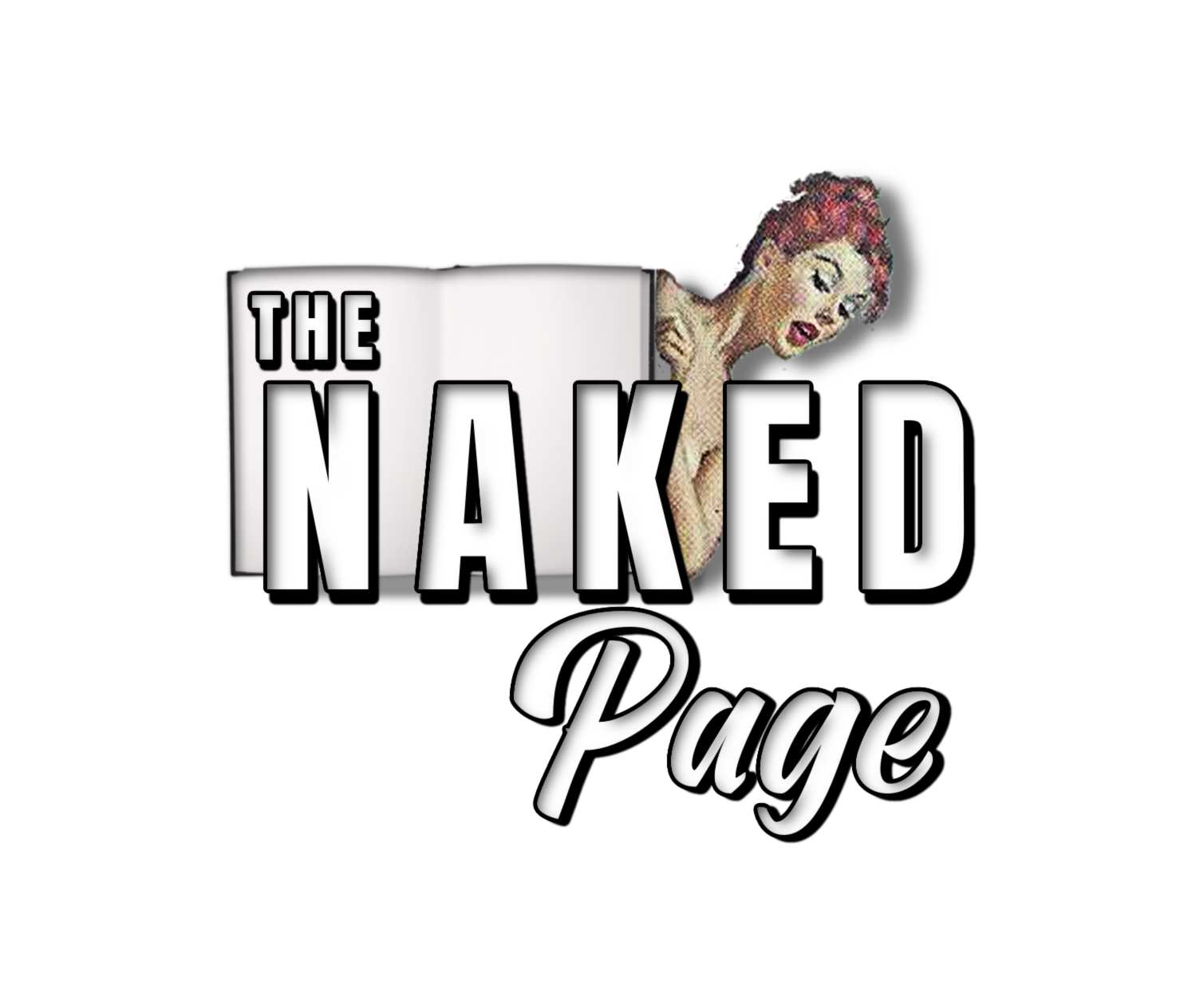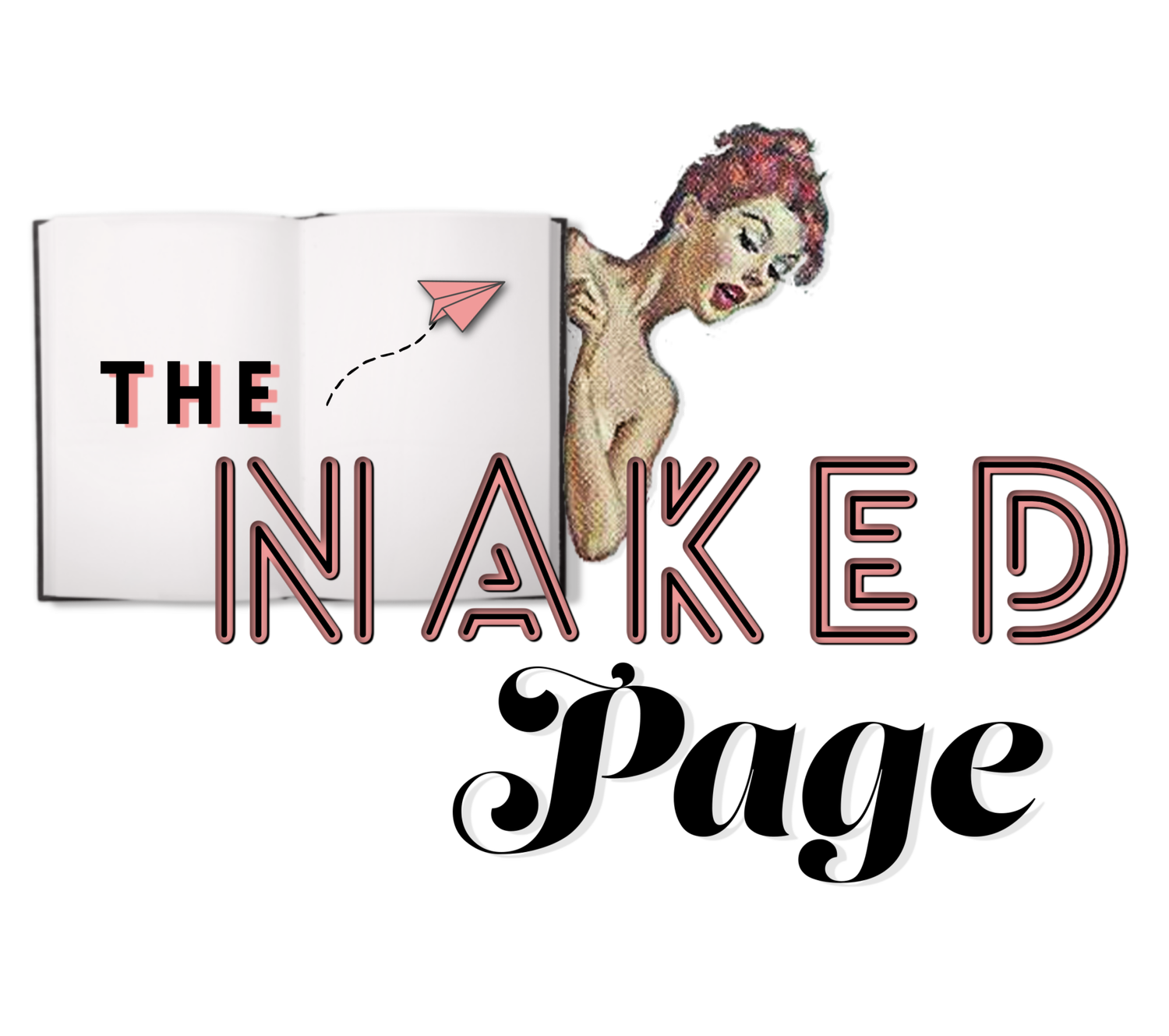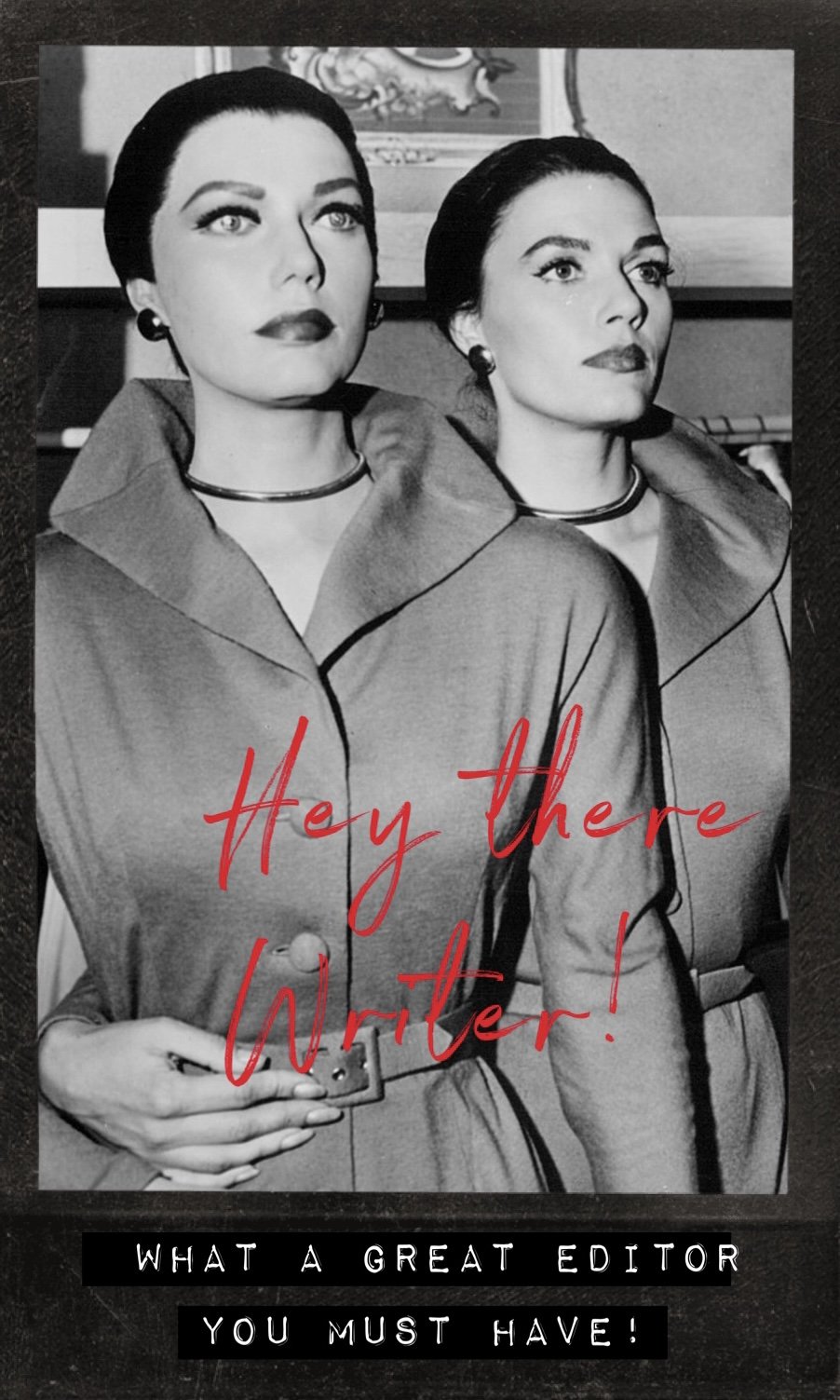But That’s What an Editor’s For!
You tackled writing your first short story, memoir, or novel. And you did it. You found a beginning, middle, and ending. You made yourself write out the entire thing and you completed the process. Now you can pat yourself on the back and grab a glass of wine and relax, right? Your job’s done.
Hold up.
Who are you writing for? Yourself? In your journal? Or is this a story you’ll keep in secret and gift to your children?
If you’re considering trying to get published, then you’ve barely scratched the surface of the writing process. Even if you aren’t looking to publish and you’re using your writing for reflection you’ve still only just begun. Sure, go ahead and congratulate yourself for completing a rough draft, but the real work hasn’t even started yet.
“WHAT?” You ask in astonishment, “But I did the work. I wrote the whole thing.”
“Yes, but you need to focus on revisions now. To shape your story.”
“But that’s what an editor’s for!”
Ever heard that statement from a writer?
When I hear it, I envision it written in 3D neon green puff paint over some geometric multi-colored ‘80s background. And it’s just throbbing at me.
But that’s what an editor’s for. Like duh! Gag me with a spoon!
I love me some ‘80s music and trivia, but let’s face it, the trends from that period were often corny, obtrusive, and without nuance. Much like this statement about editors.
The truth is most people don’t really understand the role of an editor and that often includes writers and even some types of editors themselves. This lack of understanding is wreaking havoc in the writing world, especially in self-publishing.
Many writers still believe you write until you complete a rough draft and then you hand your messy work over to an editor and they tidy up your typos. And voila! Your masterpiece is complete. **Applause. Applause for the Author!
Or maybe you hear a different sentiment in that statement.
“But that’s what an editor’s for!”
Perhaps it’s a plea from one newbie writer to another to kickstart their writing journey. It’s a simple call to action intended to get momentum going and keep writers from overthinking the process.
“Just get started writing and don’t even worry about editing.”
Similar to another famous call to action—Nike’s 1988 advertising slogan, “Just do it!” (Did we ever bother to ask, “Do what?” Nope, I didn’t think so.)
Modern advertising is so lacking in nuance. Grody to the max! (Fine, I’ll stop with the 80s Valley Girl slang, I promise.)
I get it. Many of us still feel like we need some kind of simplistic jumpstart to light a fire under our butts and get us moving. Especially when it comes to telling our stories.
But what’s unfortunate about the basic statement above is while it might be a catalyst to rev your writing engines, it doesn’t have the capacity to get you to the finish line. Nope, not even believing that an editor will do all your heavy lifting at the finale is enough to get most people to truly commit to the writing process.
Why?
Because our gut knows that storytelling is so much more than just free writing.
That statement above sounds like the writing process is nothing more than putting down words on a page. That there’s no craft involved in making choices and revising your work. It limits the writing process to just the free-flowing experience of getting ideas out of your head and into another form. The brain dump. And yes, you must do that. That’s the first step. But the rest of your journey is calling you to attend to it, too.
What many people don’t want to admit is editing is real writing and it starts happening the moment you begin the writing process. It’s not something separate you stick on the end after writing. When you choose to detail a scene about your ex-husband instead of revisiting your traumatic childhood, you are making an editing decision. You’ve cut out one thing and are choosing to focus on another.
If you think about editing as the art of making choices you’ll find it’s much less daunting and a highly creative part that happens throughout the writing process.
I’m damn good at editing and I adore doing it, but I rarely want to take on one-on-one clients. Why? Because so many writers show up without having done much revision work at all. They want to enlist my help to do all the heavy lifting and often expect me to make creative decisions for them.
That’s not my job.
My focus has always been to set my sights on assisting writers to become better self-editors so that when they finally connect with an outside editor, they will understand the entire process and the story they’re trying to tell. My wish for all writers is for them to learn how to make solid narrative choices, advocate for their ideas, and understand the changes that must be made to produce their best stories on the page.
I’m replaying a scene in my head of another writer in a memoir group who felt so betrayed over the editing notes she received on her latest novel that she posted the most rage-y comments toward her editor I had ever seen. She even spilled details about the editor’s personal life as she portrayed her as having a vendetta against the author.
Why on Earth would any editor want to harm a writer with critiques? Editors love their writers, otherwise, they wouldn’t be in the business they’re in. But writers must understand critiques of their writings are there to serve an audience. And if you want anyone other than you to look at your stories, they must make sense to your readers.
I’ve stated this before but I think it’s worth mentioning again— I used to believe free writing and journaling were all you needed for therapeutic writing. But after spending time in various writing groups and in working through my own storytelling, I now understand how vital the editing process is for anyone looking to use their writing for therapeutic benefit. The more you learn to shape your stories the more you’ll be able to move mountains in your mental and emotional health.
Absolutely, authors will always need good line editors and proofreaders. Nobody can read their own words time and again without making mistakes. But what I want you to do as a writer is to learn how to shape your story, rather than rely on an outside force to swoop in and do it for you. To be your own editor until it’s time to meet with someone who can fine-tune your creation and help you level up.
I was never a by-the-book teacher. I was more inclined to present the Socratic method of asking questions and guiding my high school students to their own answers. I believe this is what a developmental editor should do, too.
Give direction. Describe the story structure. Identify elements the author can’t see. But essentially get the writer to reveal their best narratives on their own terms. If I get a client who has little more than a bunch of journal entries strung together (and yes, I’ve seen that), it feels like fraud to me if they’re expecting I’ll craft their story for them.
That’s your job as a writer.
Not just the free flow of writing ideas as they spill forth from your fingertips, but also the sculpting and shaping of those words into solid story structures. As a developmental editor, I can act as a coach to help you do that.
Unfortunately, this isn’t how many writers and developmental editors play the writing game.
Your job as a writer is to understand story—your story—well.
My job as a developmental editor is not to rewrite your story for you, but to prevent you from making poor decisions and to take your good writing and make it great. It’s not to take vague ideas and formulate my own story concept. If I did that I’d be the writer, not the editor.
I want you to craft your own stories.
And to do that means you’ve got to roll up your sleeves, take your mess of a rough draft and work it into a strong story before you seek out any editors or even beta readers. Nobody wants to read your journal entries. Your fragmented ideas with no plot line just aren’t that interesting to anyone but you. That’s why you must learn the art of story shaping and self-editing.
Read. Research. And apply all your knowledge to building a better story.
This isn’t because I’m a lazy editor. This is to ensure I don’t become your ghostwriter. And you don’t take a backseat in your own writing process. So get ready for editing—it might be the hardest, most spectacular experience you’ve ever tackled. You’re gonna love it. Like that’s so gnarly, dude! (Okay, I’m officially done with the 80s slang now.)


